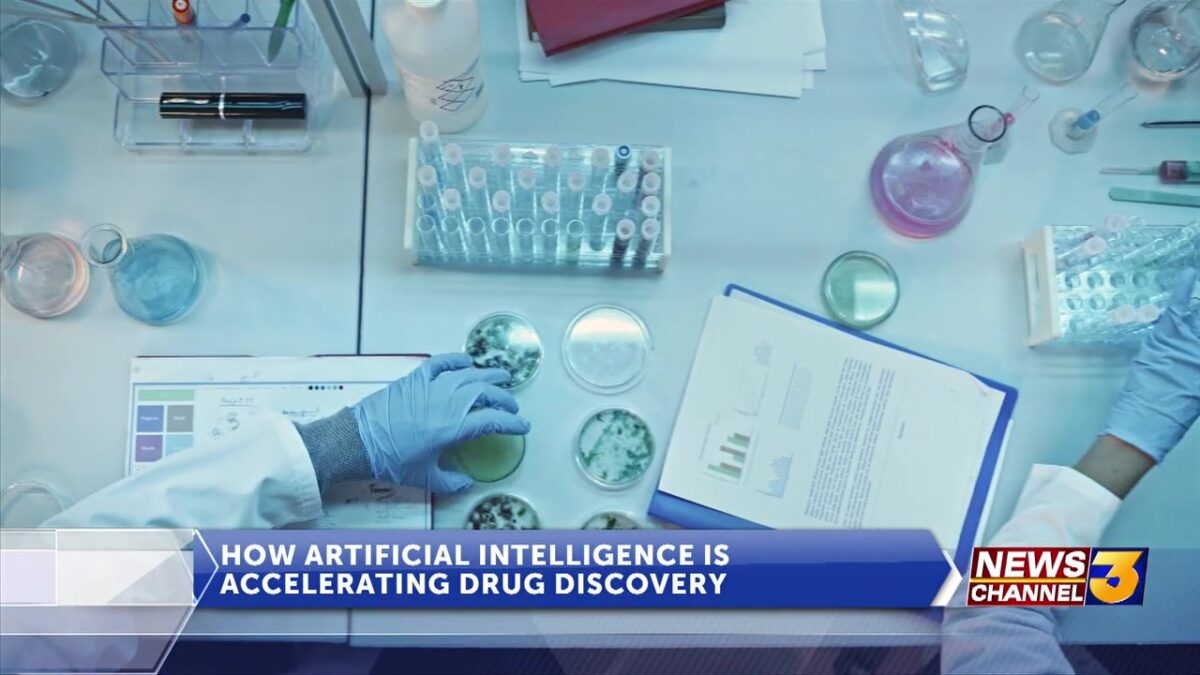How artificial intelligence is being used to discover new drugs

Garrett Hottle
PALM SPRINGS, Calif. (KESQ) From streamlining clinical trials to pinning down new candidates for drugs in record time, artificial intelligence is fast rewriting the pharmaceutical industry playbook.
To get a better sense of what’s going on behind the scenes, News Channel 3 sat down with Christian Olsen, Strategy VP of Dotmatics, a worldwide research software business that serves more than two million scientists worldwide.
“AI and machine learning are technology that we’re using to be force multipliers in the research and discovery space,” Olsen said. “They let us connect sophisticated data, uncover patterns that we might’ve otherwise missed, and make better hypotheses more quickly.”
Dotmatics builds software that helps researchers organize and analyze vast amounts of biological and chemical data, especially in early-stage drug development. But as Olsen pointed out, AI is notreplacing researchers it’s enhancing their ability to do the work.
“We’re taking a conservative approach. Because at the end of the day, even if AI suggests something promising, it still has to be tested and validated in the lab,” he said. “Biology is complex—and sometimes the tech gets it wrong.”
The fears of artificial intelligence in medicine are more prevalent as products become a subject of general conversation. Olsen mentioned a potential disadvantage of too much dependence on conclusions created from AI, mentioning recent high-profile cases ofhallucinated sources in academic papers.
“If all you relied upon was that, then yeah—the fears are well-founded,” Olsen said. “That’s why experimental validation is so critical. You have to see the science work with your own eyes.”
Further down the line, Olsen thinks that the real revolutionizer is what he terms the broad digital revolution going on within research organizations loosening up data from secluded silos into systems where applications of AI can get to work.
“We are engaged with companies actively in that transition,” said Olsen. “And that doesn’t happenovernight. But when it’s in place, it unlocks a vast amount of what’s possible.”